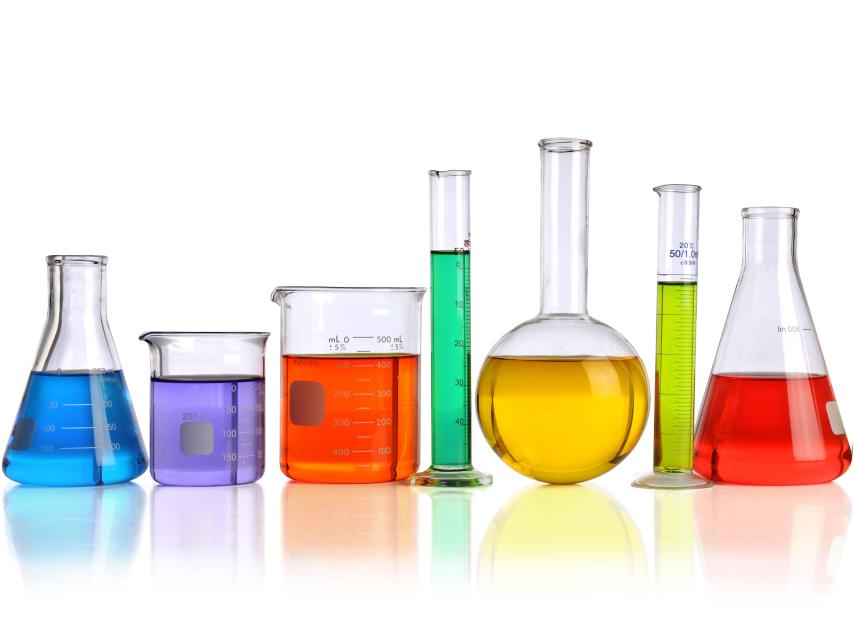Industrial Process Water Inorganic Residue Analysis
In industrial processes where water is a critical resource, such as in power generation, chemical manufacturing, and electronics production, the presence of inorganic residues can significantly impact product quality, equipment performance, and operational efficiency. Industrial process water inorganic residue analysis plays a pivotal role in ensuring that water used within these industries meets stringent quality standards.
The analysis involves identifying and quantifying various inorganic compounds present in industrial process water, including metals, salts, and other minerals. This service is essential for maintaining the purity and effectiveness of water used in processes like cooling, cleaning, and chemical synthesis. The process begins with a thorough sampling of water from different points within the facility to capture a representative sample.
The laboratory uses advanced analytical techniques such as Inductively Coupled Plasma Optical Emission Spectroscopy (ICPOES) and Atomic Absorption Spectroscopy (AAS) for precise measurement of inorganic compounds. These methods ensure accurate quantification, which is critical for maintaining the water's chemical balance.
The acceptance criteria for industrial process water typically align with international standards such as ISO 8402:1997 and ASTM D1193-15, ensuring that the analysis meets the highest quality standards. By adhering to these standards, we provide reliable data that can be used by quality managers and compliance officers to make informed decisions.
The results of inorganic residue analysis are crucial for several reasons. They help in optimizing water usage, reducing waste, and minimizing the risk of equipment corrosion and degradation. For R&D engineers, this service provides insights into the chemical behavior of process water, which can lead to innovative solutions and process improvements.
Industrial process water inorganic residue analysis is not just about identifying residues; it also involves understanding their source and potential impact on downstream processes. This knowledge helps in implementing targeted corrective actions, such as adjusting the water treatment process or selecting more suitable chemicals for use within the facility.
The expertise of our laboratory ensures that we provide accurate and timely results, which are essential for maintaining compliance with regulatory requirements. Our commitment to quality is reflected in our adherence to international standards and our continuous efforts to improve analytical methods.
Benefits
- Enhanced Water Quality: Ensures that the water used in industrial processes meets high-quality standards, leading to better product quality and process efficiency.
- Cost Savings: By optimizing water usage and reducing waste, this analysis helps in minimizing operational costs.
- Equipment Protection: Reduces the risk of equipment corrosion and degradation by maintaining chemical balance in the water used within the facility.
- Regulatory Compliance: Ensures that all processes comply with relevant international standards, reducing the risk of non-compliance penalties.
In addition to these tangible benefits, regular analysis also contributes to sustainable practices and environmental stewardship by promoting efficient water use and minimizing waste discharge into the environment.
Industry Applications
- Power Generation: Ensures that cooling water used in power plants is free from harmful residues, which can affect boiler performance and efficiency.
- Chemical Manufacturing: Helps in maintaining the purity of reaction media, ensuring consistent product quality.
- Electronics Production: Guarantees that water used in cleaning processes does not contain contaminants that could damage sensitive components.
The analysis is also crucial for industries involved in wastewater treatment and recycling, where understanding the composition of process water can aid in designing effective treatment processes. This service is a cornerstone of quality assurance across various sectors, ensuring reliable and consistent results.
Customer Impact and Satisfaction
The impact of industrial process water inorganic residue analysis extends beyond the immediate operational efficiency to broader strategic benefits. By providing accurate and actionable data, our service helps customers make informed decisions that can lead to long-term savings and improvements.
We have established a reputation for delivering high-quality results on time, which has led to strong customer satisfaction. Our clients appreciate not only the accuracy of our analysis but also the detailed reports we provide, which include recommendations for process optimization and corrective actions. This collaborative approach ensures that customers can leverage our expertise to drive their business objectives effectively.
Our service is particularly valued by quality managers who rely on it to ensure compliance with international standards. Compliance officers benefit from having reliable data to support regulatory submissions, while R&D engineers use the insights gained from this analysis to innovate and improve processes. For procurement teams, understanding the composition of process water aids in selecting suitable suppliers and materials.
The feedback we receive from our customers is overwhelmingly positive, highlighting the value they place on our service. Many clients have noted improvements in their operational efficiency and product quality after implementing recommendations based on our analysis results.





